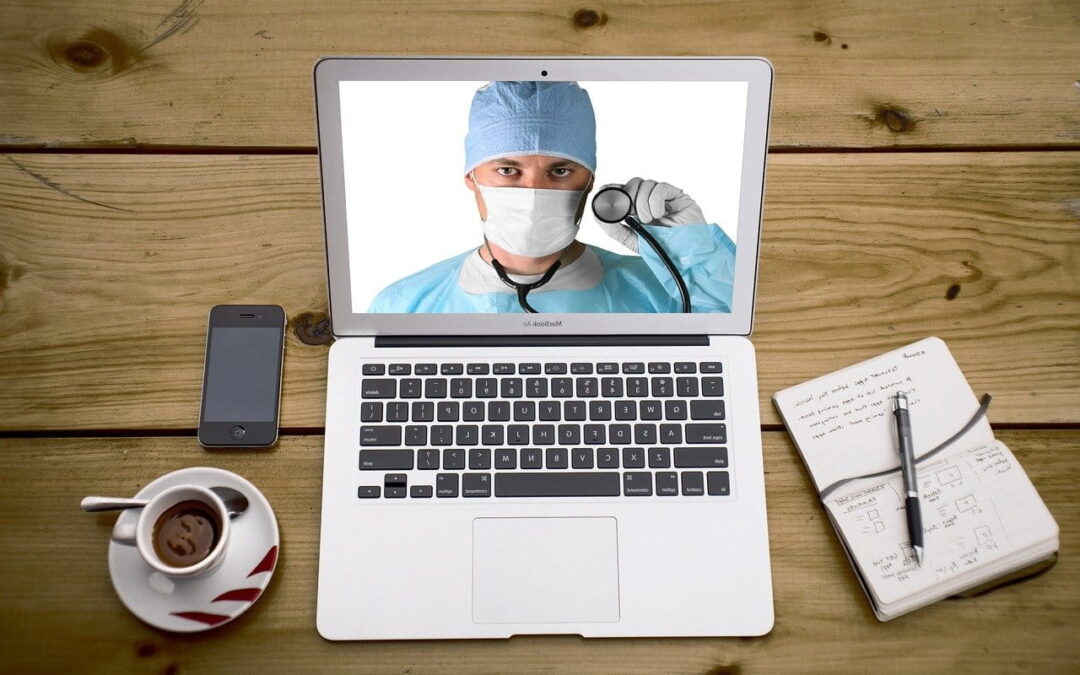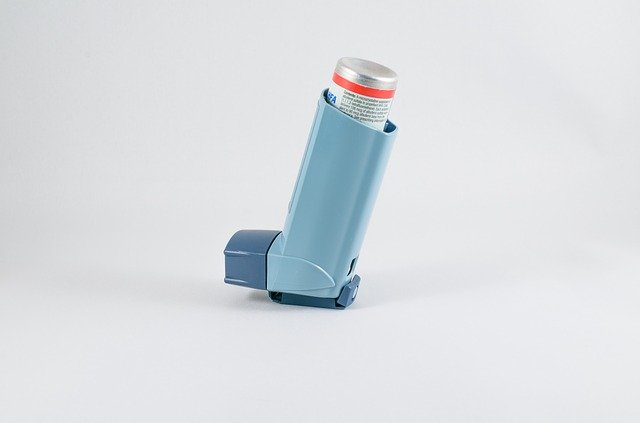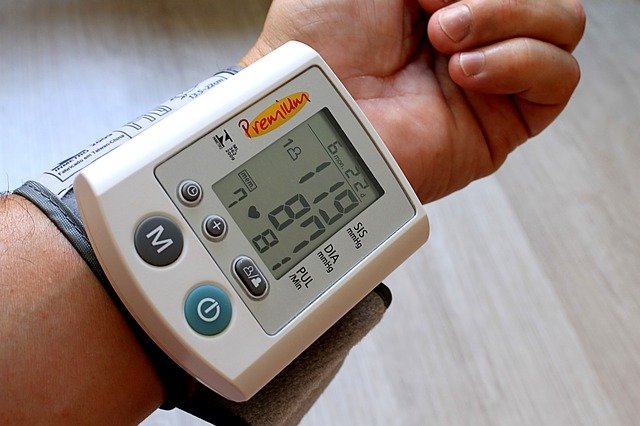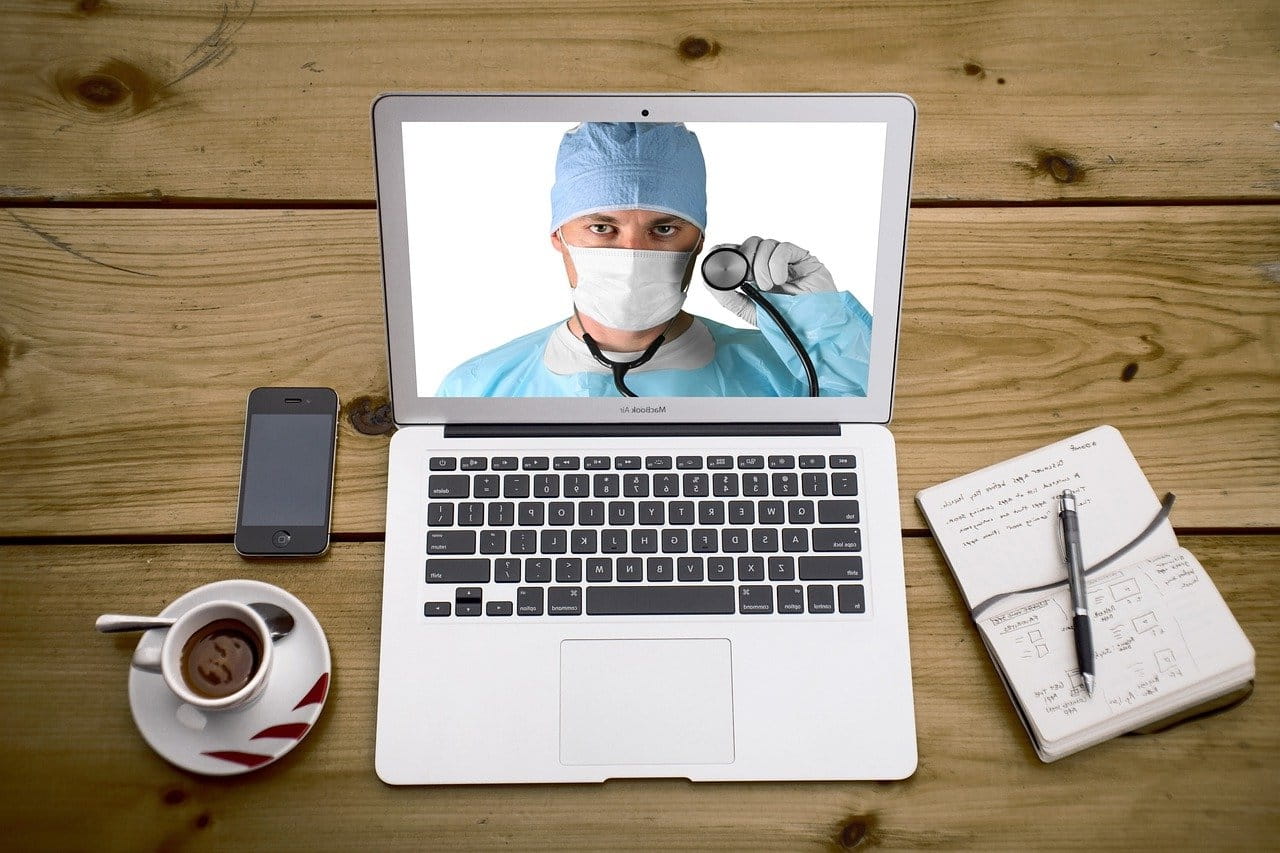The healthcare industry is constantly evolving, and technology plays a crucial role in driving these transformations. Here are healthcare technology trends that are expected to have a significant impact on the industry.
Table of Contents
According to Hirav Shah, here are some of them
1. Smart Inhaler
Inhalers are the main asthma treatment option. But, research shows that 90% of patients don’t use the inhalers correctly. This can give birth to many uncontrollable asthma symptoms. Thus, a smart inhaler strikes as a solution here.
A smart inhaler enabled by Bluetooth helps to manage asthma patients’ conditions. A small tracker attached to the inhaler records the date and time of each dosage and also saves a record if one used it correctly or not. This data is then sent to the patient’s smartphone to track their condition and also control it. Clinical trials say that smart inhalers lead to less drug use and eventually more days without drug use.
2. 3-D printing in High Tech Medical
As we are aware that 3D printers are one of the market’s hottest innovations and how! 3D-printed prostheses are entirely custom-made. These have become prevalent due to their digital ability to fit individual dimensions up to millimeters. Such printers are also helpful for producing implants and joints used during surgery.
These printers let you build products that are both water-soluble and long-lasting. For instance, 3D printing is ideal to “print” tablets that contain multiple drugs. It helps patients to coordinate, schedule, and track various medications.
3. Artificial Organs
Bioprinting represents a revolutionary medical technology for advancing in 3D printing. Replicating skin cells for burn victims was initially tough, but through artificial organ technology, the medical industry slowly but surely formed a way to more appealing possibilities. The good news is that scientists already have developed blood vessels, synthetic ovaries, and even the pancreas. The artificial organs develop inside the patient’s body to replace the faulty original organ. Imagine having artificial organs that the body’s immune system will accept and function as the original organ. Doesn’t that sound revolutionary? It can save all those patients who are dependent on life-saving transplants.
4. Mobile Health
Mobile health technology provides access to personalized information by using digital solutions and connected devices. This technology allows patients to view their health charts, prescriptions, reports, scheduled appointments, etc., from their mobile. It provides many features that make healthcare delivery easily accessible like:
- Geographical maps
- Real-time data streams
- Point-of-need diagnostic devices
- Smartphone-linked wearable sensors
- Medical-grade imaging
5. Health Wearable
Since its introduction in 2000, Bluetooth technology has become the most popular technology for connections. The most basic examples are wireless headphones and wearables. Today, mobile phones can track steps, heartbeats, physical fitness, sleep patterns, and more. The approach to wearable devices is directly associated with a massive increase in chronic diseases like diabetes. Wearables help these patients to track and enhance their physical health.
6. Virtual Reality
Virtual reality has been popular now for a long while. This development has also been helpful for teaching medical students, giving them an instance of real life. Through rehearsing the process and visually understanding the anatomy of the human body, advanced techniques help you gain the knowledge you need. VR devices serve as a reliable aid to diagnose patients, prepare for the necessary procedures, and plan treatments for them. It is highly effective in inpatient rehabilitation and recovery.
7. Telehealth
Telehealth describes an evolving technology that allows patients to receive medical care through digital devices. They don’t need to wait for a doctor’s appointment. For example, providing a highly customized mobile app that helps patients to speak to physicians or other health care professionals remotely. Furthermore, this application can also offer immediate diagnosis and medical advice.
Telehealth also provides patients with different healthcare access points by leveraging over-subscription services. Through this, one can use the telehealth features whenever and wherever they want. This is mainly helpful for patients with chronic illnesses, as it offers efficient, reliable, and cost-effective treatment for them remotely.
Final Lines
Hirav Shah concludes by saying, “Both pharmaceutical and medical technologies are developing with massive possibilities of facilitating medical treatments. The only goal is to provide a longer life to people and finding a cure for those fewer incurable diseases left. To fulfill this goal, advancements in medical equipment and medical supplies are necessary.”
“A huge amount of healthcare information is being generated at both organizational as well as individual-level going from medical diagnosis and imaging data in medication to observing fitness info. The big storehouses and data analytics tools produce calculative and reliable experiences out of these volumes of information within a very short duration.”
The healthcare industry is constantly evolving, and technology plays a crucial role in driving these advancements. Here are 10 healthcare technology trends that are set to transform the industry.
1. Artificial Intelligence (AI) in Healthcare
AI has the potential to revolutionize healthcare by improving diagnostics, predicting patient outcomes, and enhancing personalized medicine. Machine learning algorithms can analyze vast amounts of data to identify patterns and make accurate predictions, leading to more efficient and effective healthcare delivery.
2. Telemedicine and Virtual Care
Telemedicine allows patients to receive medical consultations and treatment remotely, eliminating the need for in-person visits. Virtual care platforms enable healthcare providers to monitor patients’ health remotely, reducing hospital readmissions and improving patient outcomes.
3. Internet of Medical Things (IoMT)
IoMT refers to the network of medical devices and applications connected to the internet. These devices can collect and transmit real-time patient data, enabling healthcare professionals to monitor patients remotely and make timely interventions.
4. Blockchain in Healthcare
Blockchain technology can enhance data security, interoperability, and privacy in healthcare. It allows for secure sharing of patient records, streamlining administrative processes, and ensuring the integrity of medical research data.
5. Wearable Technology
Wearable devices, such as fitness trackers and smartwatches, are increasingly being used in healthcare to monitor vital signs, track physical activity, and detect early signs of health issues. These devices empower individuals to take control of their health and enable healthcare providers to gather valuable data for diagnosis and treatment.
6. Precision Medicine
Precision medicine involves tailoring medical treatments to individual patients based on their genetic makeup, lifestyle, and environmental factors. Advances in genomics and molecular diagnostics have made it possible to identify specific biomarkers and develop targeted therapies for various diseases.
7. Robotics and Automation
Robots are being used in healthcare settings to assist with surgeries, perform repetitive tasks, and provide companionship to patients. Automation of administrative tasks, such as appointment scheduling and billing, can free up healthcare professionals’ time to focus on patient care.
8. Augmented Reality (AR) and Virtual Reality (VR)
AR and VR technologies have the potential to enhance medical training, patient education, and surgical planning. Medical students can practice procedures in a simulated environment, and patients can experience immersive therapies for pain management and mental health treatment.
9. 3D Printing in Healthcare
3D printing allows for the creation of customized medical devices, prosthetics, and implants. It enables faster production, reduces costs, and improves patient outcomes by providing personalized solutions.
10. Big Data Analytics
The healthcare industry generates vast amounts of data, including electronic health records, medical imaging, and genomic information. Big data analytics can extract valuable insights from this data, leading to improved clinical decision-making, disease surveillance, and population health management.





























